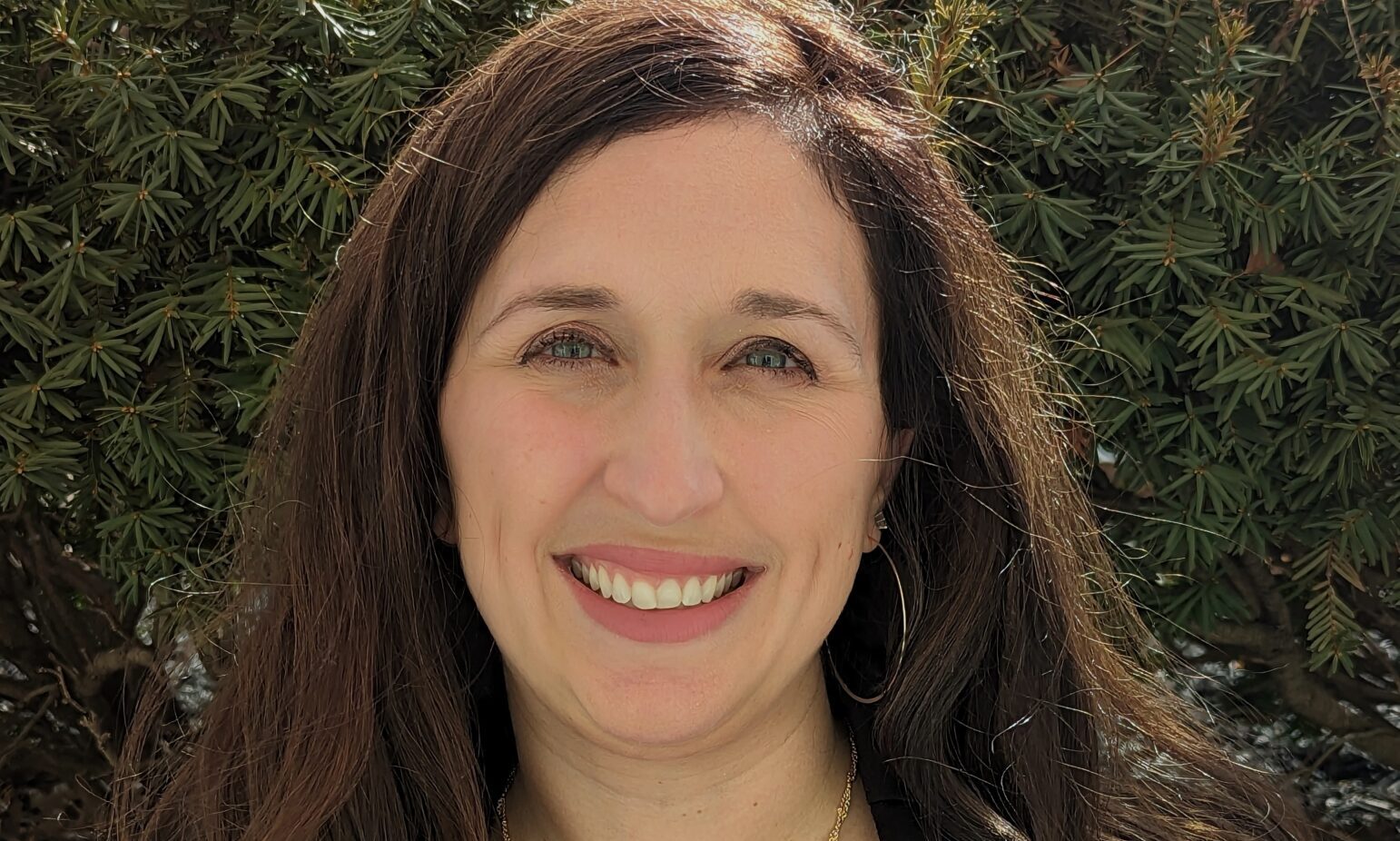
"It is important for our foster and adoptive families to remember that trauma has no time stamp. There’s no magic wand to make those difficult experiences go away so the healing takes time. "
Cortney Emberson is the Director of Clinical Services at St. Joseph Children’s Home. Cortney Emberson, Director of Clinical Services at St. Joe’s talks about how our therapeutic program works for the children we serve. What is cognitive behavioral therapy and what makes it beneficial for the kids we serve? Cognitive Behavioral Therapy (CBT) is based on the idea that psychological problems partially come from unhealthy thinking patterns and learned patterns of unhealthy behavior. If you can learn better ways of coping with these negative thought patterns, you can eliminate or relieve some of those symptoms.
We use CBT in therapy with our kids to help them recover from the trauma they have experienced by examining how the trauma impacts their way of thinking. It also teaches them interventions they can use to calm their mind and body. What is the purpose of the behavioral health services program? This is our outpatient service. It includes mental health therapy, targeted case management, and comprehensive community support services. We can bill for these services through a few different insurance providers, and we have seen a lot of success in working with previously adopted children and their families and former residential clients who have returned to bio families but still need support as well as kids in the community. What should every foster and adoptive parent understand about trauma? It is important for our foster and adoptive families to remember that trauma has no time stamp. There’s no magic wand to make those difficult experiences go away so the healing takes time. It might come and go, so as we work through really difficult, traumatic events in therapy, it is common to see behaviors increase during that time. So, I always like to remind families that our kiddos are coming into therapy, and they are doing some really tough work and sometimes it comes with a lot of big emotions. They just need that extra support during that process, and I think it is OK for our parents to ask questions. Reach out to the treatment team for support. Reach out with questions or concerns. If you are noticing patterns of behavior in the home, make note of it and bring it to the treatment team and be patient. Everybody’s journey is different.
